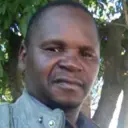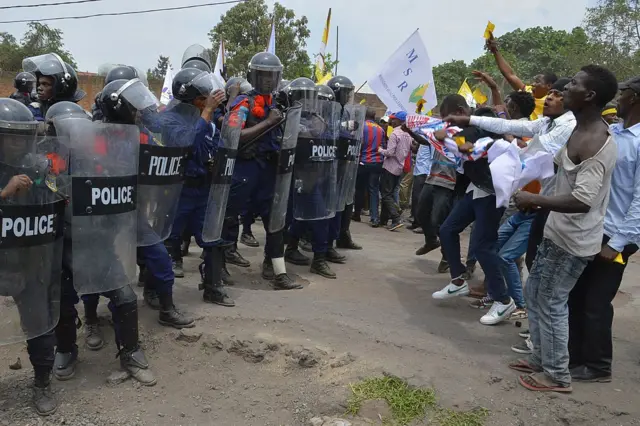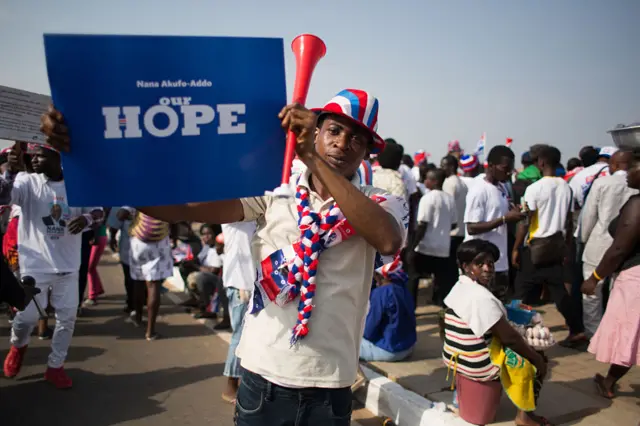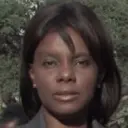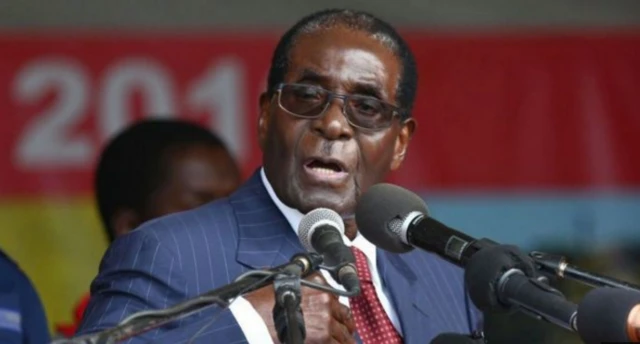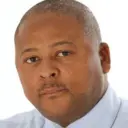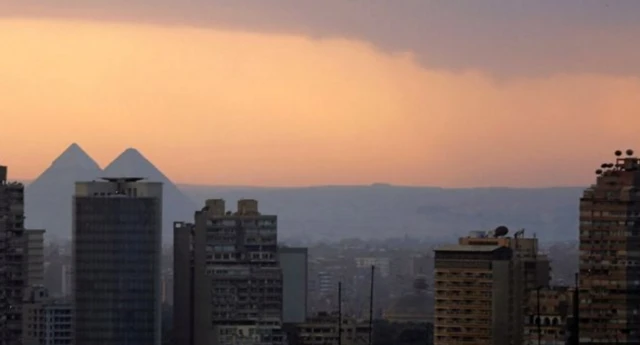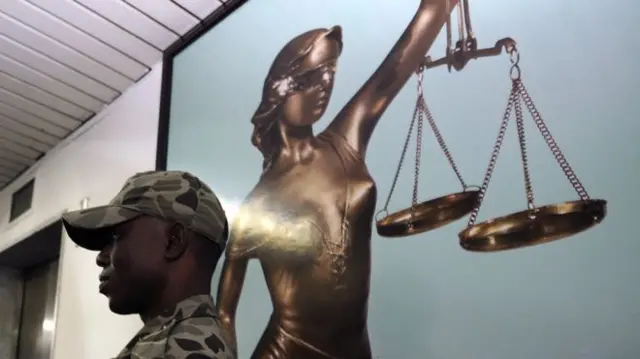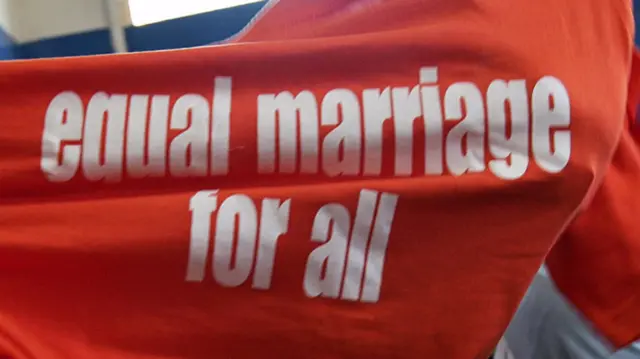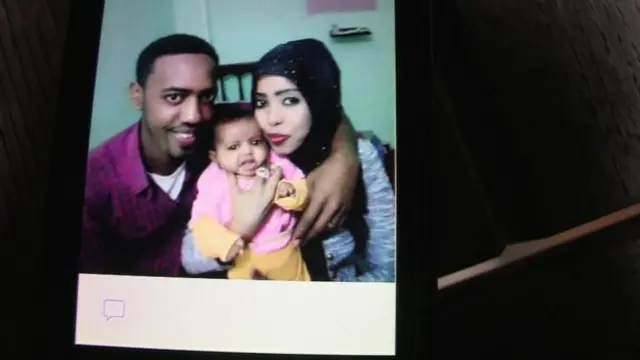Scroll down for Tuesday's storiespublished at 18:35 GMT 6 December 2016
We'll be back tomorrow
That's all from the BBC Africa Live page today. Keep up-to-date with what's happening across the continent by listening to the Africa Today podcast or checking the BBC News website.
A reminder of today's wise words:
Quote MessageThe worm that destroys a kola nut lives inside it."
Sent by Excellence Emmanuel, Harrison Arubu and Muyiwa Ojolo - all from Nigeria
Click here to send your African proverbs.
And we leave you with this picture from Togo's capital, Lome, of a store owner in front of his shop with its Christmas decorations.
Allow Instagram content?
This article contains content provided by Instagram. We ask for your permission before anything is loaded, as they may be using cookies and other technologies. You may want to read Meta’s Instagram cookie policy, external and privacy policy, external before accepting. To view this content choose ‘accept and continue’.


